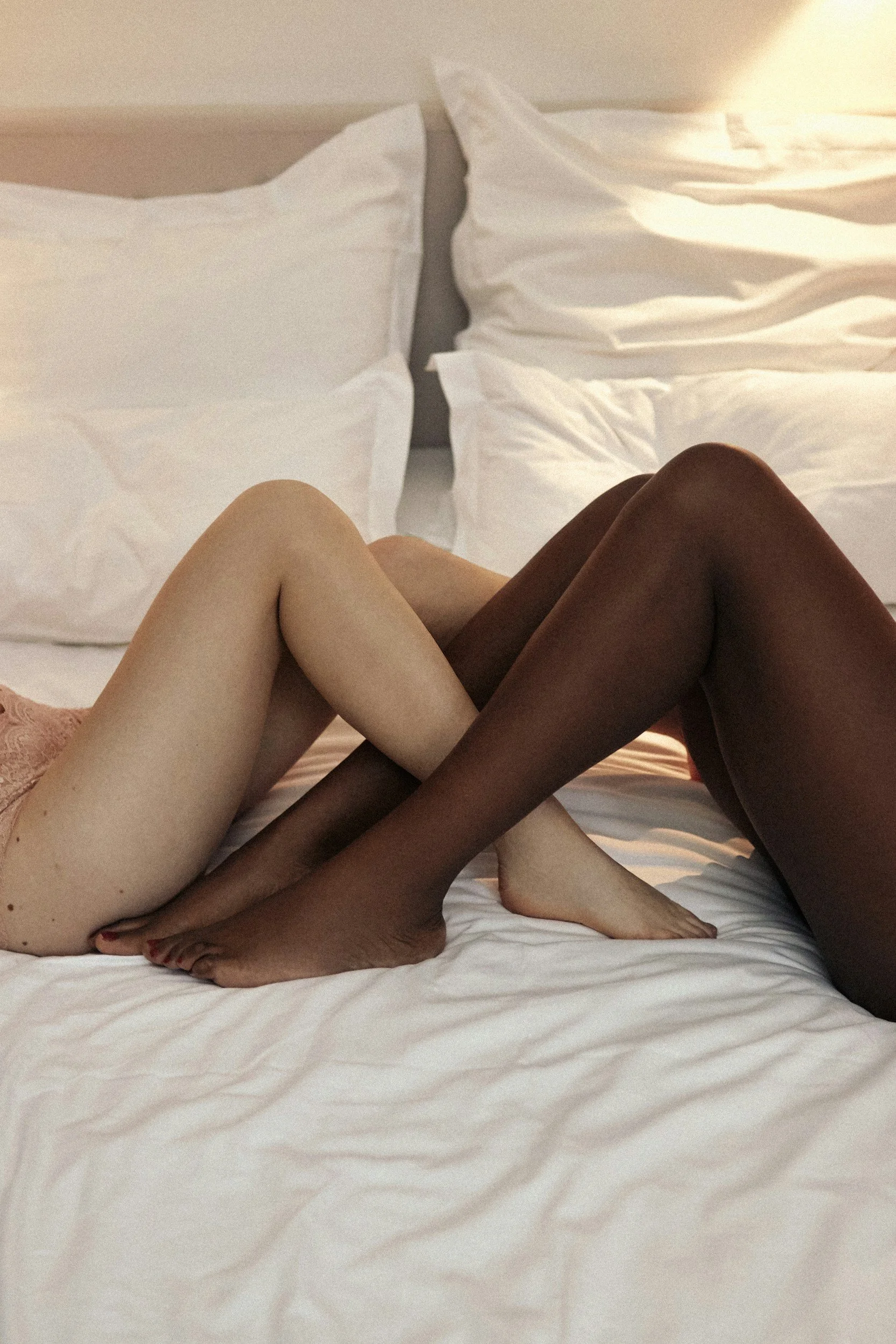
Join
The Balanced Foot Club
The Menopause Foot Club is a space dedicated to women navigating the changes that come with midlife.
At Balanced Healing Foot Clinic, we understand how shifting hormones can affect your feet from aching joints and dry skin to changes in balance and mobility.
The Menopause Foot Club offers supportive care, restore a sense of comfort, practical advice, and treatments designed to keep you moving with comfort and confidence. It’s about more than foot health it’s about walking through this stage of life with strength, ease, and a sense of community.
Intentional Plant Based
Caring for your nails and skin is especially important during times of hormonal change. Falling oestrogen can make nails brittle and skin thinner or drier. Keep nails trimmed straight across and filed smooth to prevent catching or ingrowing. Choose plant-based, breathable nail colours rather than harsh polishes or removers that can weaken the nail plate. For skin, use gentle, fragrance-free creams or natural balms to lock in moisture and reduce irritation. Regular massage with nourishing oils can support circulation, ease dryness, and bring comfort back to tired feet.
Signature Balanced Therapy
It’s Here — Balanced Therapy
Has been created to give women in midlife and beyond a space where their feet are truly understood and cared for. During Hormone changes including as menopause, falling oestrogen reduces type III collagen, the elastic form that helps cushion the feet.
Designed for all women who are out of Balance, including those managing hormonal changes, cancer recovery, Parkinson’s, stress, or low mood.
Footwear Advice
Footwear matters, choose shoes with good cushioning, arch support, and enough space for your toes. Avoid narrow or worn-out shoes that cause rubbing or pressure. Insoles can make a big difference: cushioned insoles ease sore heels, supportive orthotics improve balance and alignment, and moisture-wicking insoles help keep feet fresh. Rotate your shoes so they can fully dry, and match footwear to your activity, whether walking, running, or everyday wear.
The Menopause Foot Club!
Plantar fasciitis heel pain that’s often worst first thing in the morning can be more common during perimenopause and menopause.
Dr Louise Newson, GP and menopause specialist, explains that falling levels of oestrogen, progesterone, and testosterone can increase inflammation in the body. When these hormones stay low, muscles, joints, and soft tissues may become stiffer and more painful.
This can contribute to conditions such as plantar fasciitis, carpal tunnel syndrome, frozen shoulder, or general joint aches during menopause.





